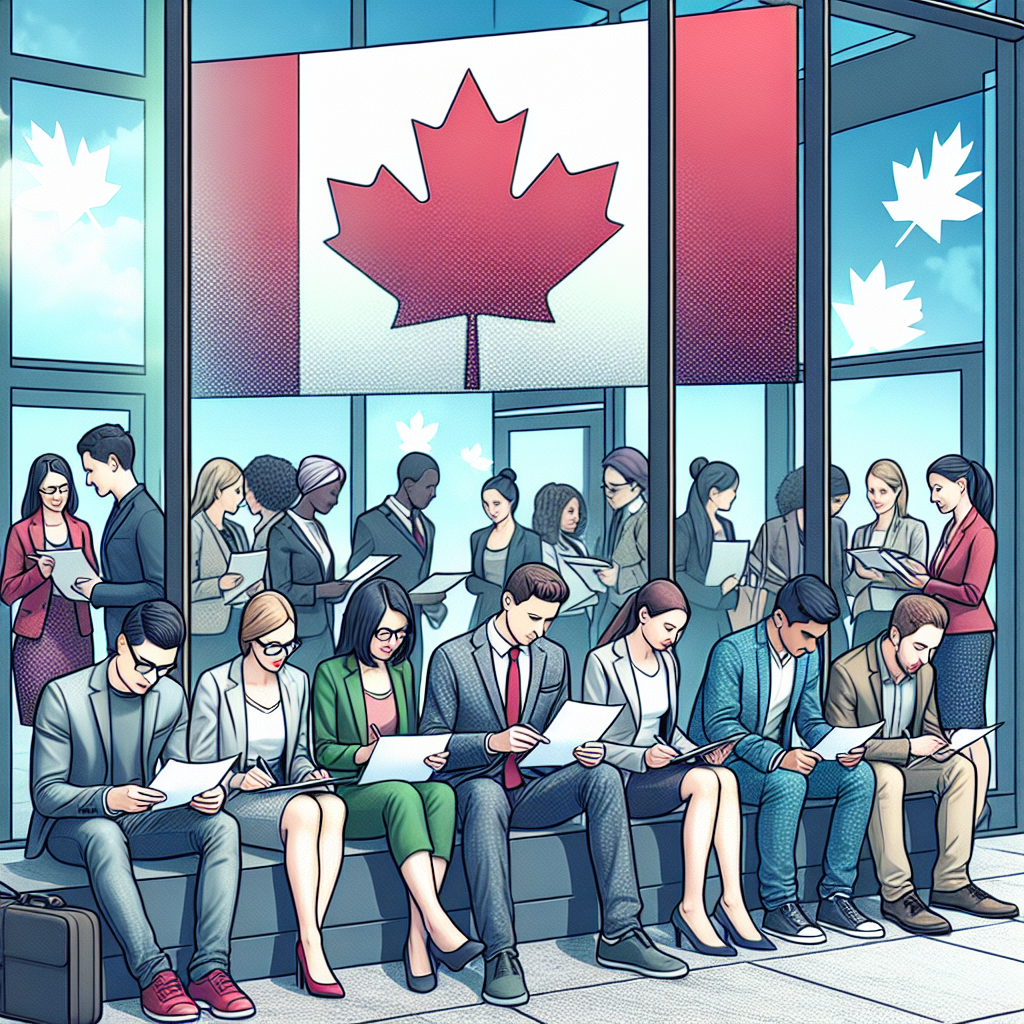September 2024: Updated IRCC Processing Times Revealed

Key Updates on Immigration Processing Times from IRCC: What Applicants Need to Know
As of September 24, 2024, the Immigration, Refugees, and Citizenship Canada (IRCC) has revised its processing times for various immigration applications. Staying abreast of these changes is vital for applicants eager to navigate their immigration journey efficiently. The latest updates signify the IRCC’s ongoing commitment to improve and streamline the immigration process, which can significantly influence applicants’ timelines and expectations.
Current Processing Times Overview
IRCC has implemented a structured schedule for updating processing times, with monthly updates for citizenship applications, family sponsorship, and economic immigration. Meanwhile, business immigration, temporary residency applications, and permanent resident (PR) card processing times are updated weekly. This dual approach provides applicants with detailed insights into their application statuses.
Key Processing Times by Category
-
Permanent Resident Cards and Citizenship:
- Citizenship Grant: 7 months (a reduction from previous months)
- PR Card Issuance: 25 days (a decrease from earlier processing times)
- PR Card Renewals: 70 days
-
Family Sponsorship:
- Spousal sponsorship outside Canada: 10 months
- Spousal sponsorship inside Canada (excluding Quebec): 13 months
- Parents or Grandparents sponsorship outside Quebec: 24 months
-
Economic Immigration:
- Canadian Experience Class (CEC): 5 months
- Federal Skilled Worker Program (FSWP): 5 months
- Non-Express Entry Provincial Nominee Program (PNP): 12 months
- Temporary Residency:
- Visitor Visa from India: 102 days
- Work Permit from the United States: 14 weeks
- Study Permit outside Canada from Nigeria: 9 weeks
Insightful Analysis
The recent adjustments in processing times reflect the IRCC’s strategic efforts to enhance efficiency and transparency. For instance, the reduction in PR card processing times can alleviate some of the stress associated with long waits, allowing applicants to plan their lives with greater certainty. Conversely, the increases in some family sponsorship categories, especially those involving Quebec, indicate a growing backlog, which may stem from an influx of applications or resource constraints.
Moreover, the weekly updates for temporary residency applications are a significant move towards transparency, offering applicants a more dynamic view of what to expect. This proactive approach could help applicants manage their timelines better, potentially reducing anxiety related to immigration processes.
Looking Ahead
For prospective immigrants and applicants, the IRCC updates serve as a reminder to stay informed. Regularly checking the IRCC website and consulting immigration professionals can provide critical insights and guidance tailored to individual circumstances. The immigration landscape is continuously evolving, and understanding these changes is essential for making informed decisions.
Conclusion
The IRCC’s ongoing commitment to updating processing times highlights its recognition of the complexities surrounding immigration applications. As Canada continues to attract talent and families, understanding these nuances will empower applicants to navigate their immigration journey with clarity and confidence. Whether you’re applying for a PR card, citizenship, or a temporary visa, knowing where you stand in the process can make all the difference.


![[Prince Edward Island Invites 160 Skilled Workers in PNP Draw]](https://gcmsnotesrequest.ca/wp-content/uploads/2025/10/Prince-Edward-Island-Invites-160-Skilled-Workers-in-PNP-Draw-890x664.jpg)
